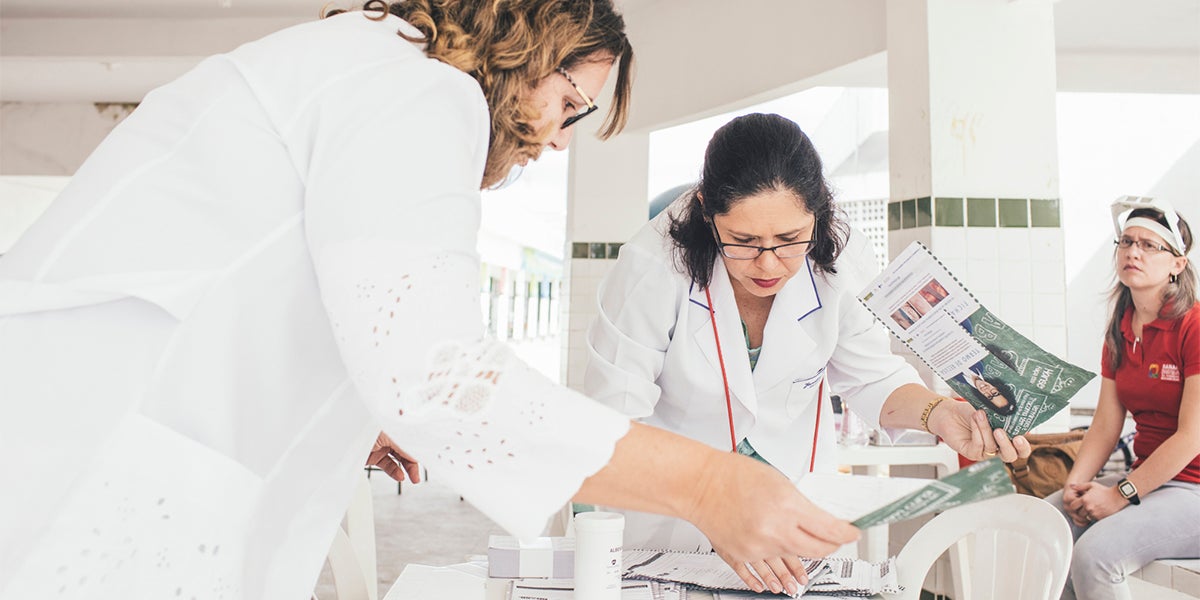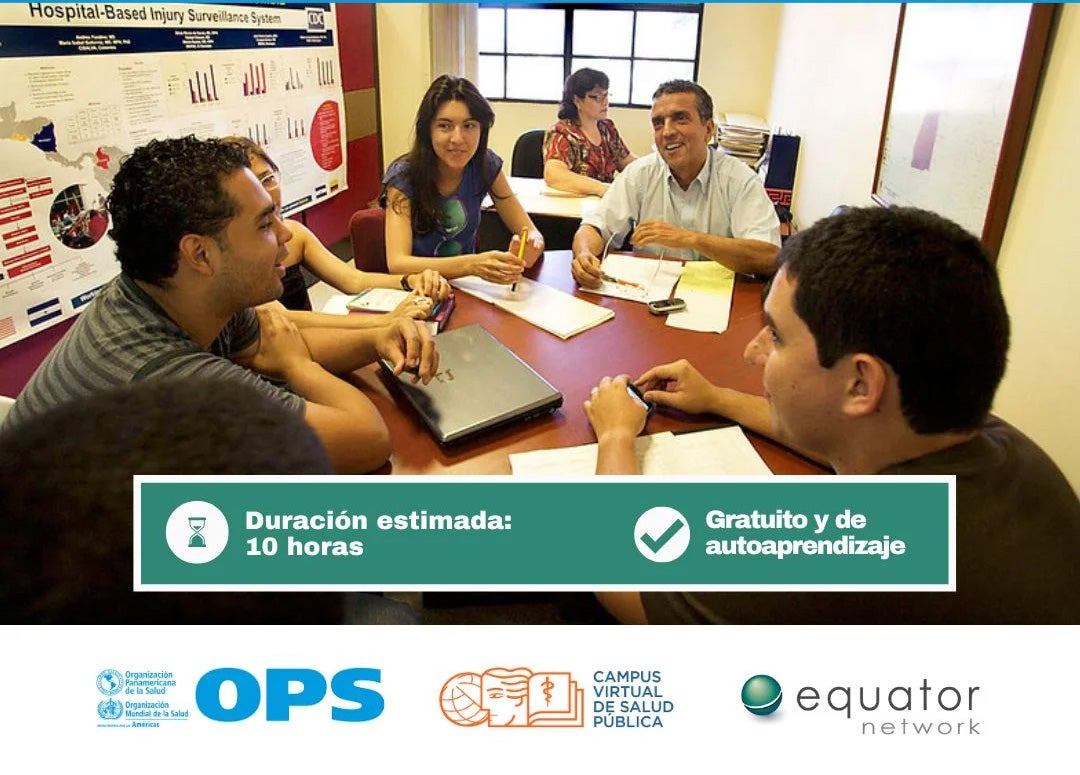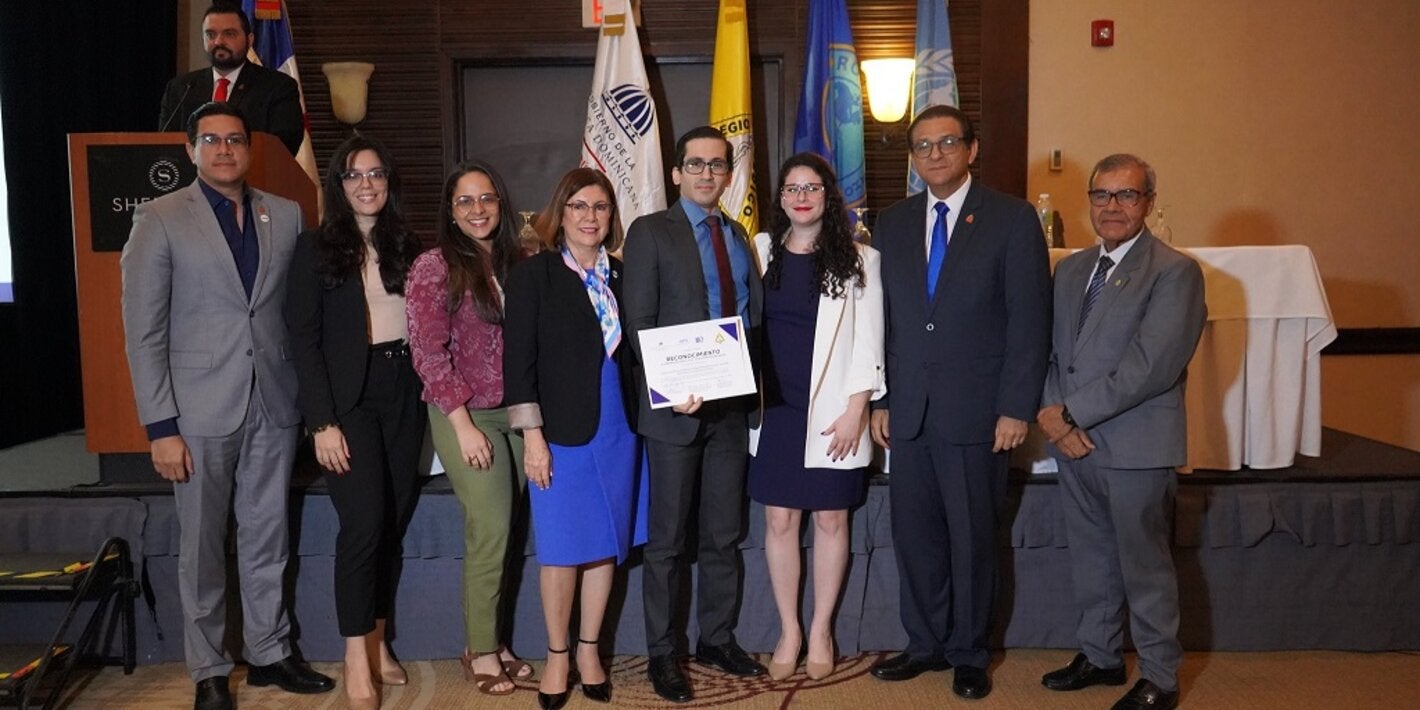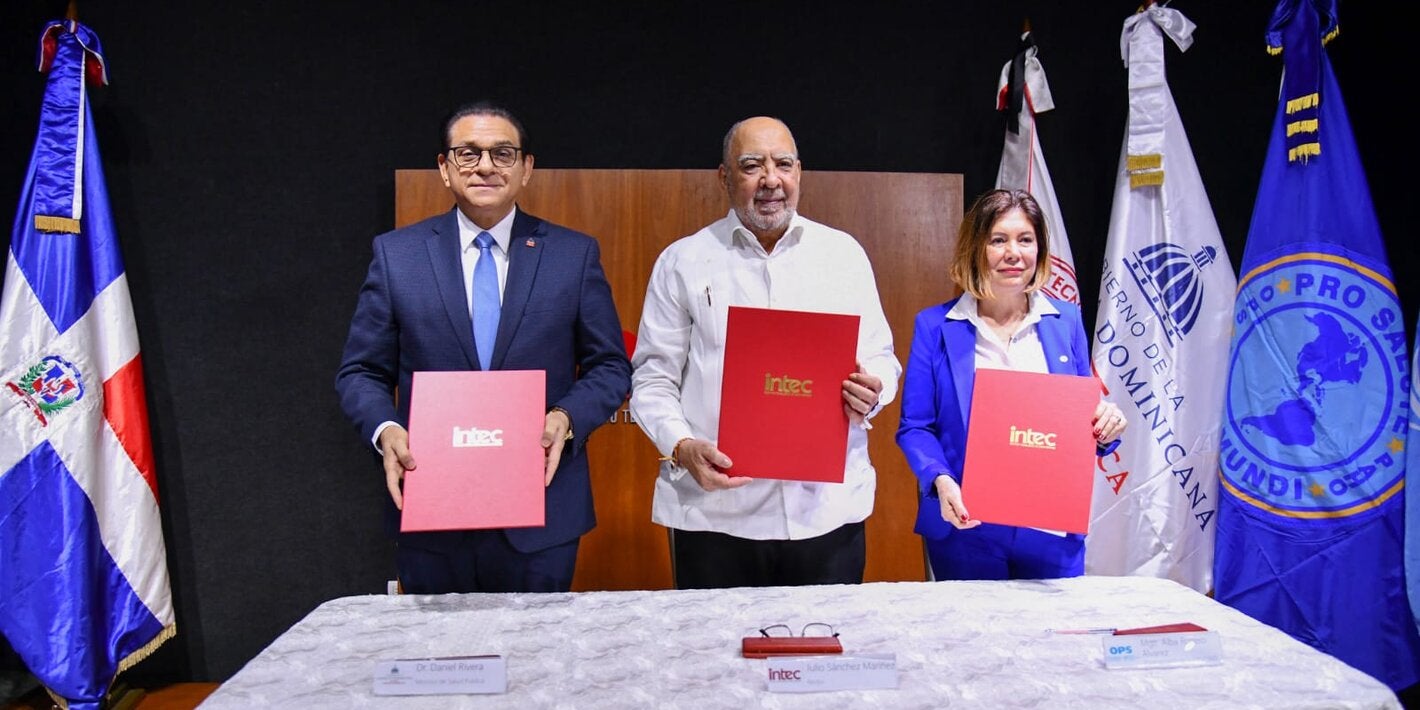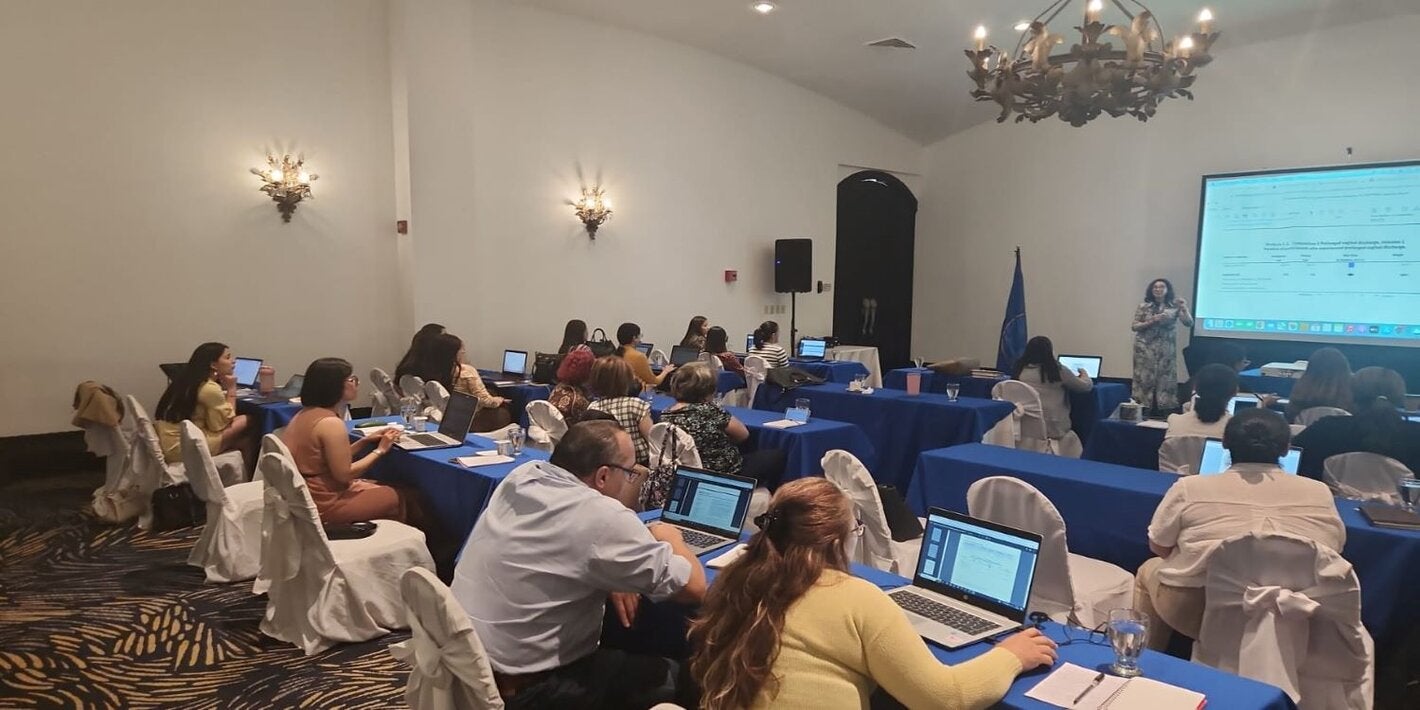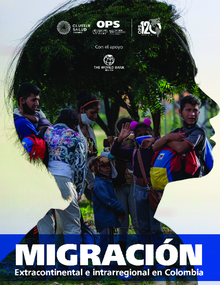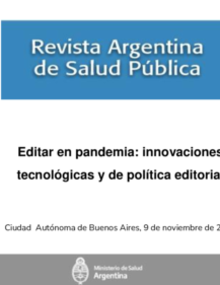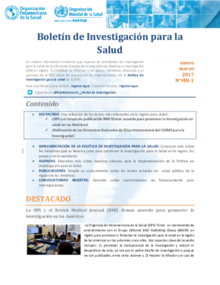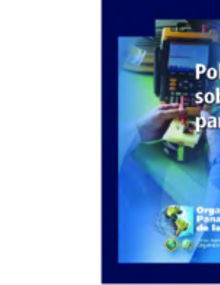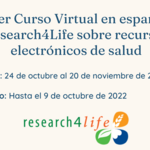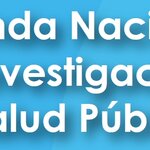La investigación es indispensable para resolver los desafíos de salud pública, ya sea para abordar las enfermedades de la pobreza, responder al aumento de las enfermedades crónicas o garantizar que las madres tengan acceso a prácticas de parto seguras.
Asimismo, la vulnerabilidad compartida a las amenazas mundiales, como el síndrome respiratorio agudo grave, la enfermedad por el virus del Ebola, el virus del Zika y la gripe aviar, ha movilizado esfuerzos de investigación mundiales en apoyo de mejorar la capacidad de preparación y respuesta. La investigación está reforzando la vigilancia, el diagnóstico rápido y el desarrollo de vacunas y medicamentos.
Las asociaciones público-privadas y otros mecanismos innovadores de investigación se están concentrando en enfermedades desatendidas con el fin de estimular el desarrollo de vacunas, medicamentos y diagnósticos cuando las fuerzas del mercado por sí solas son insuficientes.
La investigación para la salud abarca 5 áreas genéricas de actividad:
- medir la magnitud y distribución del problema de salud;
- comprender las diversas causas o los determinantes del problema, ya sea debido a factores biológicos, conductuales, sociales o ambientales;
- desarrollar soluciones o intervenciones que ayuden a prevenir o mitigar el problema;
- la implementación o la entrega de soluciones a través de políticas y programas; y
- evaluar el impacto de estas soluciones en el nivel y la distribución del problema.
Promueve la generación y uso de la investigación en política y sistemas de salud como un medio para mejorar los sistemas de salud y alcanzar la Salud Universal.
Proporciona información actualizada sobre la investigación para la salud, presentado como un servicio para los decisores de políticas de los servicios de salud, los proveedores de atención sanitaria, el público en general y todos los interesados en utilizar la investigación como un apoyo para el avance de la salud pública, la equidad y el desarrollo
Fortalece la investigación para la salud mediante la difusión y traducción del conocimiento, la promoción de 'gobernanza' de investigación y los estándares dentro de las prácticas de investigación.


